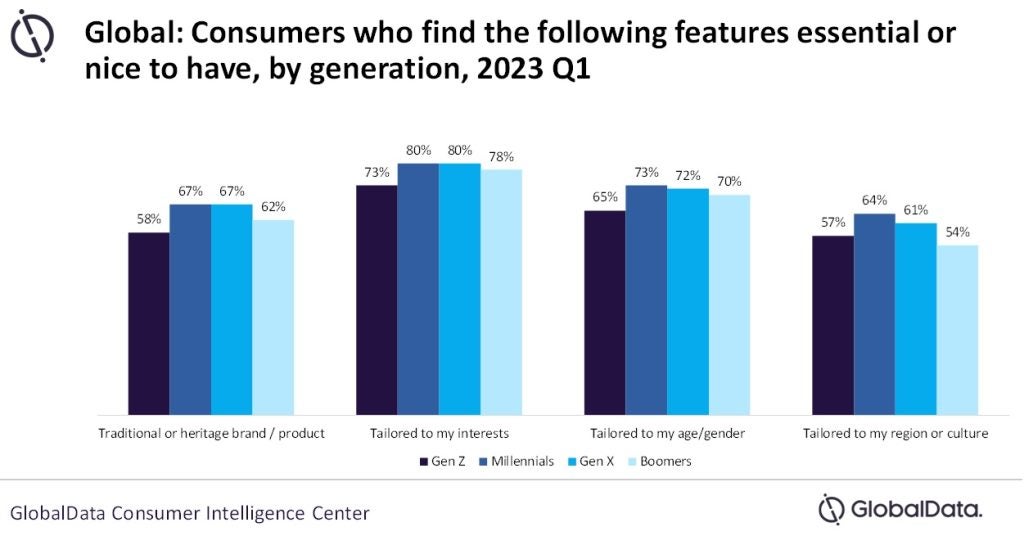Burger King Brazil is the latest of many brands clamouring to release Barbie-sponsored and themed products with its new menu launch: Barbie bacon cheeseburger with smoky pink sauce, Ken’s fries and a pink doughnut vanilla milkshake.
Given the high exposure and effective marketing the film has garnered, a range of brands across consumer and foodservice industries, including Gap, NYX Cosmetics, Krispy Kreme, PROPER Snacks, OPI, Primark and even Airbnb, have jumped on the Barbie bandwagon. The huge consumer engagement that the Barbie marketing campaign has received reflects the maturing of the Millennial consumer cohort and a growing appetite for nostalgia trends in consumer goods and foodservice.
Faced with unprecedented macroeconomic uncertainty, a climate crisis, the mental health impacts of social media and a divisive political environment, it is unsurprising that Millennials are at a stage of life where nostalgia is in demand. Offering the suggestion of a simpler, happier time, nostalgia-themed products are soothing to consumers who lead busy, complicated and stressful lives.
Alongside Gen Xers, these generations have busy work and personal life schedules and have reached an age where they are old enough to look back on a bygone era but still find nostalgia for their early life a relatively novel concept.
GlobalData’s survey shows that traditional/heritage brands/products and products tailored to interests, age/gender and region/culture were most favoured among Millennials and Gen Xers, which are all aspects that nostalgia trends cater to. *

For household names such as McDonald’s, they have been able to dip into their own back catalogues for the nostalgia effect, as they have been a key part of popular culture for many decades. In 2023 McDonald’s brought back the Hamburglar icon of the ’80s and 90’s McDonalds for a new advertising campaign promoting reformulated burgers in an attempt to reassure consumers the relaunched menu items are “just as good as ever.”

US Tariffs are shifting - will you react or anticipate?
Don’t let policy changes catch you off guard. Stay proactive with real-time data and expert analysis.
By GlobalDataA few months later, the company also launched the “Grimace Shake” – a milkshake based on another purple mascot introduced in the 1970s. The product received widespread attention, going viral on TikTok and turning into an internet meme. These recent initiatives by McDonald’s demonstrate the potential of the Nostalgia trend in brand awareness and re-engagement with the consumer. However, partnerships are key for brands that haven’t been afforded the privilege of McDonald’s cultural heritage.
For its part, Mattel, the creator of Barbie, has announced 13 more toy-based films, with an additional 45 in development for consumer goods and foodservice brands to consider marketing partnership opportunities. However, brands should acknowledge that the Nostalgia trend is not a one-size-fits-all option.
When choosing an aspect of culture or another brand to partner with, companies should consider if the values and identity match their own and, more importantly, those of their customer base. Not all aspects of culture from the past are favoured – especially with ever-changing social attitudes – so brands must tread carefully.
*GlobalData’s 2023 Q1 global consumer survey





